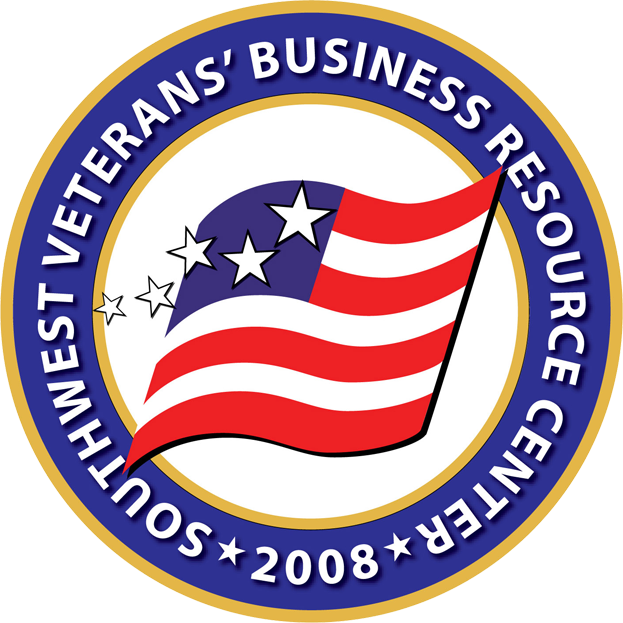THE NEXUS LETTER:
Nexus Letter and how to make it work for you.
A claim for a Veterans Benefits Administration (VBA) disability compensation award
must be based on irrefutable evidence. If the claim leaves any doubt in the mind of
the ratings specialist who makes that award decision, you may be denied.
This is often the case when the veteran alleged that an injury or illness that
occurred in service has worsened over the years. While the condition may have been
relatively minor then, it's significantly disabling today.
To show that there exists a connection between his/her documented service event
(exposure to CBR elements, wounding, illness) and a condition today (cancer,
worsening of original injury, etc.) requires that the veteran present a favorable
opinion of an expert who agrees with his/her thought process. This is known as a
nexus letter. A simple definition of nexus is: Tie; bond; link; connection or
interconnection.
When writing a nexus letter, a few points to remember are in order.
· The letter should be as brief as possible while stating facts
· The author must be an expert.
· This is most often a medical doctor who is board certified in the area of
health that's at issue.
· If cancer is the condition, an oncologist is preferred.
· If an old injury to a bone is in question, an orthopedic surgeon is the obvious
choice.
· PTSD has become more controversial in recent years and it's
accepted today that a clinical psychiatrist or psychologist is the
gold standard for opinions related to the condition.
· The expert who signs the nexus letter must have thoroughly
reviewed all available and pertinent medical records (to include
Service Medical Records) and state that fact in the letter. If the
expert can't reasonably verify that all records were reviewed, the
letter won't be of much value.
· The nexus letter should be as detailed and complete as the
circumstances dictate.
Although it may not always be an absolute requirement, it will lend a lot of weight if the
writer of the nexus letter has recently examined the veteran.
The doctor who writes the letter does not have to use absolutes or conclusions in his or
her statements. Opinions are made based on conjecture of observing facts and
possibilities arising from those facts.
This means that the author isn't required to say that one thing definitely caused
another only that it might have or is likely to have led from point A to point B.
The preferred language to describe an expert's opinion should express whether "it is
more likely than not (i.e., probability greater than 50 percent), at least as likely as not
(i.e., probability of 50 percent), or less likely than not (i.e., probability less than 50
percent) that (the condition) was incurred or aggravated during active service.
In practical terms, the nexus letter is a powerful tool for the veteran to use to establish
a claim. Often the VA will recognize that the physician who writes your nexus letter is
better trained, better experienced or spent more time examining you than a VA
Compensation and Pension (C&P) examiner did. In many cases at the VARO level as
well as the Veterans Board of Appeals and in higher courts, the expert opinion
expressed in a nexus letter has been the deciding factor that wins a Veteran those well
deserved benefits.
Many physicians, both civilian and VA doctors, are reluctant to write such a letter.
Sometimes, they are concerned that there are legal pitfalls that can arise from writing
disability letters and they want to avoid such. While there probably are some legal
issues to consider, I'm not aware of any physician ever suffering any repercussions from
writing a truthful, factual nexus letter.
In my experience, the physician is most often simply too busy to write such letters or
isn't sure of the proper statements to make. Keeping it simple is your best chance for
the doctor signing the letter. It is also best to have your doctor write the letter on his
letterhead.
If the veteran’s personal doctor won't write such a letter, the veteran will have to seek
out a physician who specializes in Independent Medical Examinations or IME's. The
doctor who is a specialist in Independent Medical Examination is usually thought to be
above reproach as their living depends on their reputation as an impartial reporter of
facts. They will often know the language that's needed very well and they spend a lot of
time examining the patient and reviewing the records.
The IME doctor may be expensive and the veteran must pay the bill up front and out of
his/her own pocket. These IME opinions may cost from $600.00 to $1500.00 or more.
There is no guarantee that the IME doctor will agree with the veteran’s thinking and if the
report is not in agreement with the veteran, he/she will not get their money back.
Example of nexus letter;
DATE
Reference: VETERAN’S NAME
ADDRESS ETC.
To Whom It May Concern;
I am Dr. Quack. I am board certified to practice in my specialty. A CV is included.
Mr. John Doe is a patient under my care since DATE. His diagnosis is YOUR
CONDITION, etc.
I have personally reviewed his medical history (NAME DOCUMENTS) and I've also
reviewed his history of the (EVENT OR EVENTS YOU CLAIM ARE THE CAUSE OF
YOUR CONDITION) while he served during his military service.
I am familiar with his history and have examined Mr. Doe often while he has been
under my care. (SPECIFY LAB WORK, X-RAYS, ETC.)
Mr. John Doe has no other known risk factors that may have precipitated his current
condition.
In my personal experience and in the medical literature it is known, ETC.
It is my opinion that it is more likely than not that Mr. John Doe's condition ETC.
SIGNED
Dr. Quack, M.D.
 A welcoming home for our Troops.
A welcoming home for our Troops.

